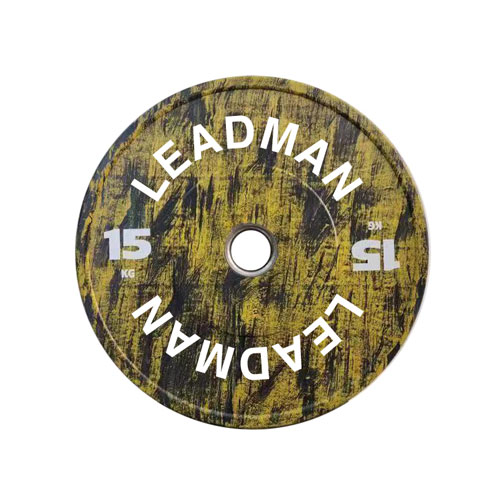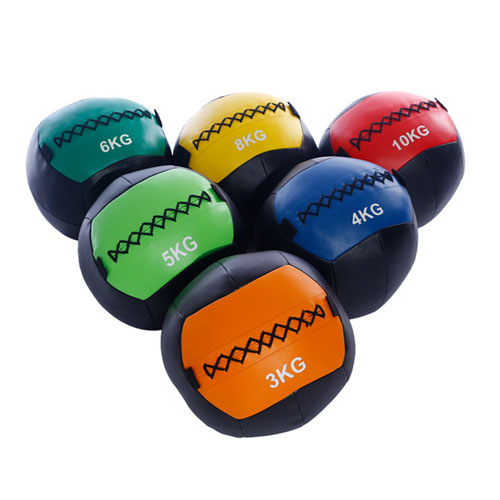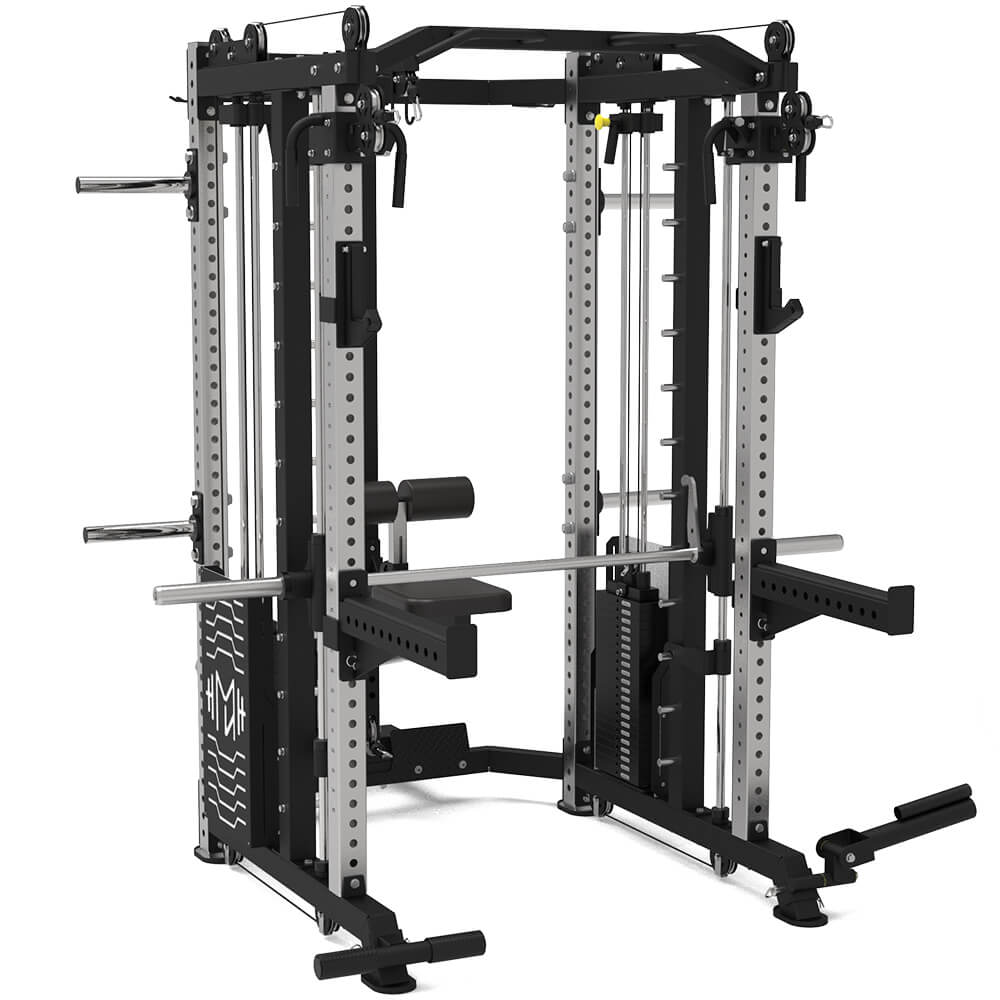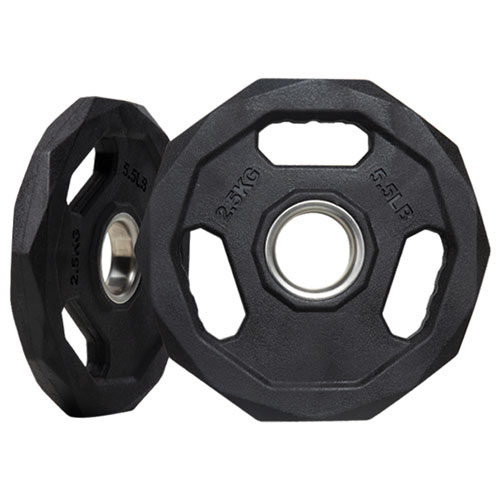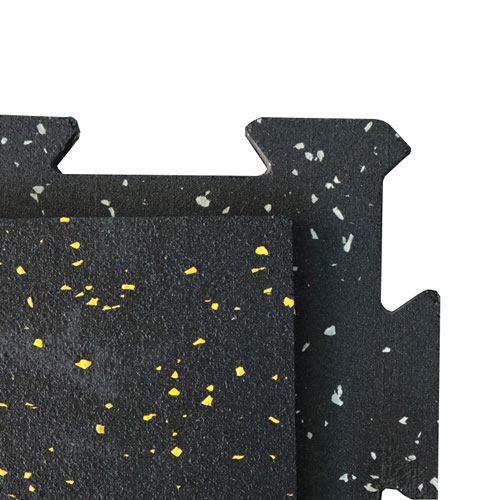Cast Iron vs. Rubber Weight Plates
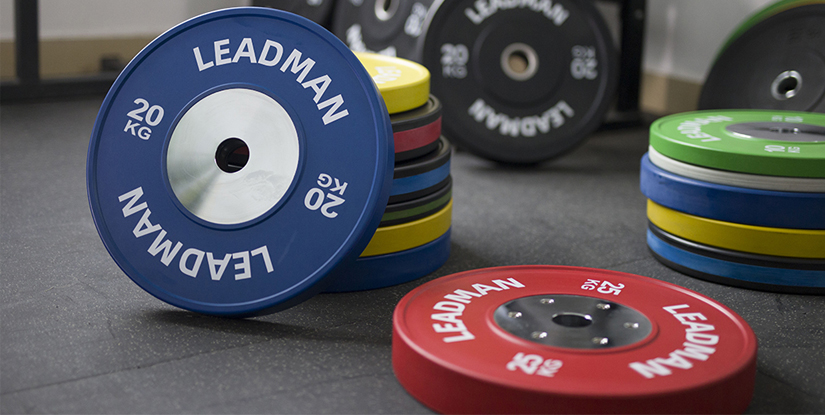
Introduction
In the world of strength training, selecting the right weight plates is a decision that impacts performance, safety, and long-term satisfaction. Whether you're building a home gym or upgrading a commercial facility, the debate between cast iron and rubber plates remains central. This 4000+ word guide dives deep into every aspect of these two plate types, combining technical insights with practical advice to help you make an informed choice. Let’s explore durability, noise levels, grip, cost, and more—all while aligning with modern fitness trends like functional training and home gym optimization.
Types of Weight Plates: Cast Iron vs. Rubber
Cast Iron Plates: The Classic Choice
Cast iron plates are synonymous with traditional weightlifting. Made by pouring molten iron into molds, these plates offer unmatched durability and a rugged aesthetic. Their textured surface ensures a secure grip, ideal for heavy lifts like deadlifts and squats. However, their weight density and noise levels may not suit every environment.
Rubber Plates: Modern Versatility
Rubber plates feature a protective coating that reduces noise and floor damage. They’re lighter than cast iron, making them easier to handle for HIIT workouts or home gyms. Their shock-absorbing properties are perfect for Olympic lifts and functional training. Plus, they resist rust—a major advantage in humid climates.
Durability and Longevity
Cast iron plates are virtually indestructible, lasting decades even under heavy use. Their solid construction resists cracks and chips, making them a favorite in commercial gyms. Rubber plates, while durable, may show wear over time—especially if dropped frequently. Regular maintenance, like cleaning and avoiding direct sunlight, can extend their lifespan.
Noise Level: Silence vs. Clang
Cast iron plates produce a loud metallic clang when dropped—ideal for motivating lifts but disruptive in shared spaces. Rubber plates, with their noise-dampening coating, are perfect for home gyms or apartments. For example, performing kettlebell swings or snatches becomes much quieter with rubber plates.
Grip and Safety
Cast iron’s rough texture provides excellent grip, even with sweaty hands. Rubber plates often have smoother surfaces but can include raised patterns for better traction. For exercises like bench presses or overhead presses, cast iron’s grip minimizes slippage risks. Rubber’s cushioning, however, protects floors and reduces injury risks during drops.
Cost Comparison
Cast iron plates are budget-friendly, ideal for lifters prioritizing affordability. Rubber plates cost more due to their advanced materials and noise reduction features. Consider this a long-term investment—especially if you value a quieter, more versatile training space.
Final Thoughts
Choosing between cast iron and rubber plates depends on your training style, environment, and budget. Cast iron excels in durability and grip, while rubber offers versatility and noise control. For gym owners, blending both types can cater to diverse member needs. Home users might prioritize rubber for its adaptability. Whatever you choose, ensure it aligns with your long-term fitness goals.
Ready to upgrade your gym? Explore Leadman Fitness's range of Olympic-grade weight plates and barbells designed for performance and longevity. Transform your workouts today!
FAQs About Cast Iron vs. Rubber Plates
1. Which is better for a home gym?
Rubber plates are ideal for home gyms due to their noise reduction and floor protection. They’re also easier to store and handle for diverse workouts.
2. Do rubber plates smell?
High-quality rubber plates, like those from Leadman Fitness, use odor-free materials. Cheap options may emit a rubber smell initially, but it fades over time.
3. Can I mix cast iron and rubber plates?
Yes! Many lifters use cast iron for heavy lifts and rubber for dynamic movements. Ensure the barbell collar is secure to prevent imbalance.
4. How do I maintain rubber plates?
Wipe them with a mild detergent and avoid abrasive cleaners. Store them in a dry area to prevent moisture damage.

